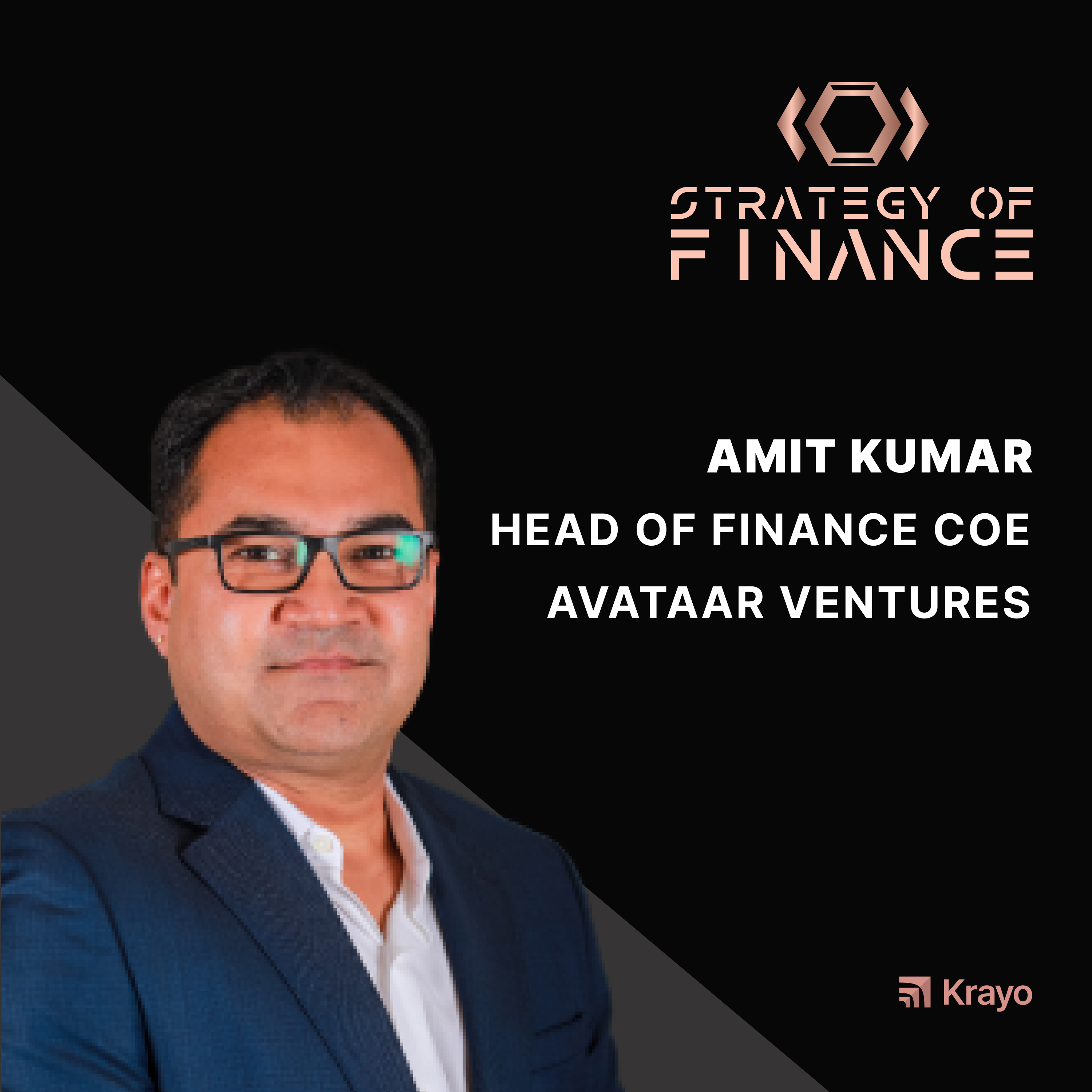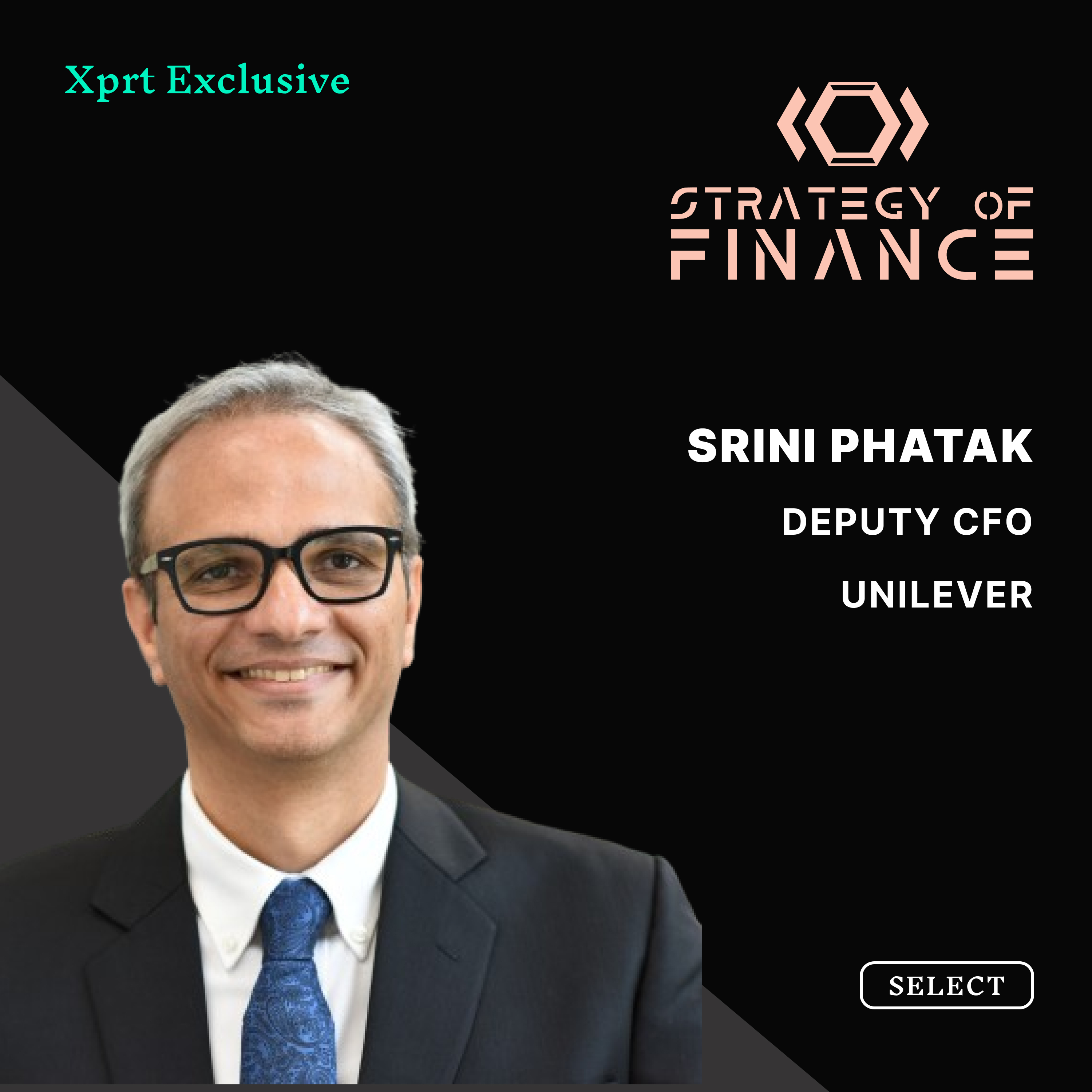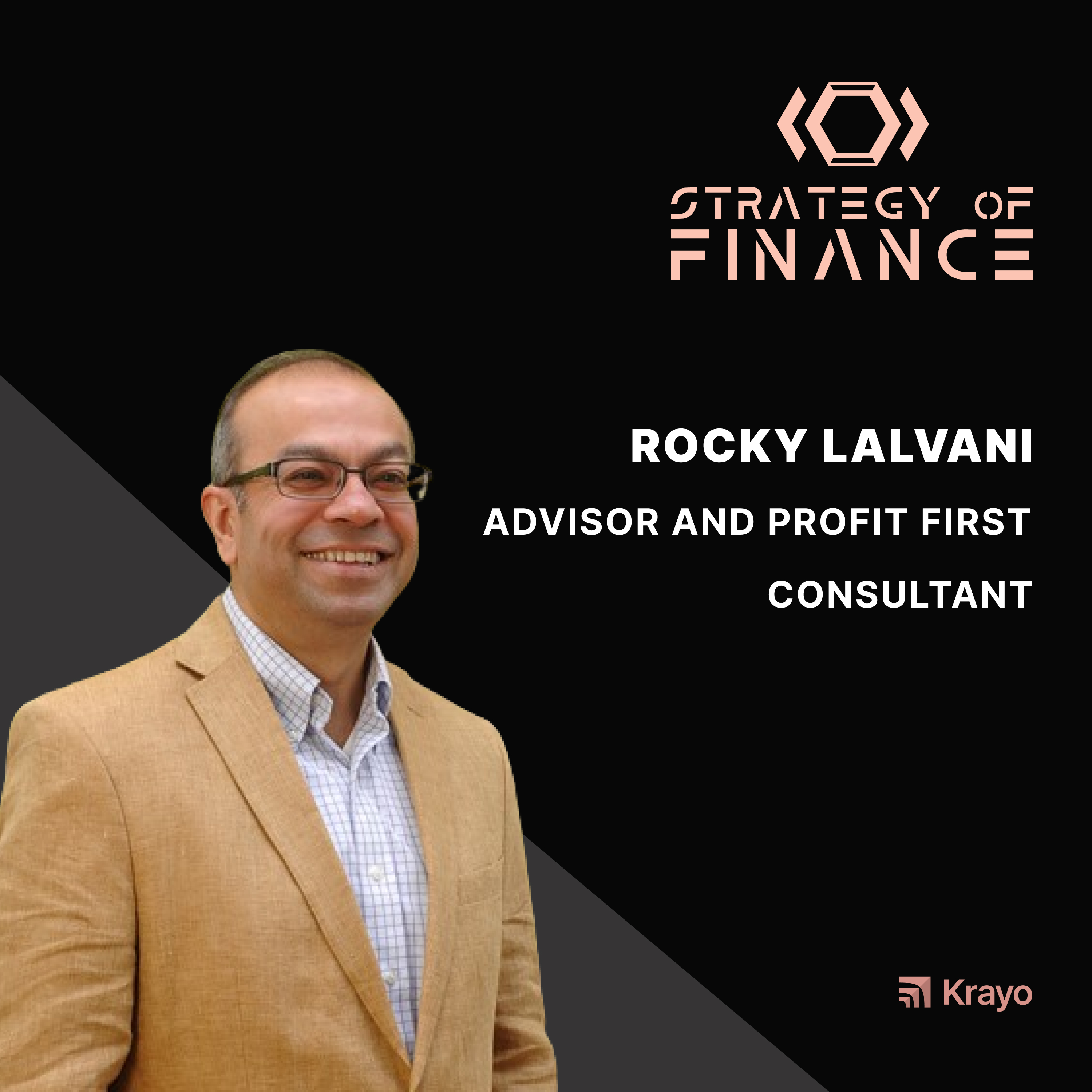Today, we have a very special guest joining us on the podcast. Based in Mumbai, India, he's a titan in the world of investment banking, especially in the digital and technology sectors in India. With over two decades of experience under his belt, he's been at the forefront of some of the most significant transactions in the industry.
Ladies and gentlemen, please welcome, a friend and mentor, Pankaj Naik, the Co-Head of Digital and Technology Investment Banking at Avendus Capital - the premier Financial Services firm in India which I'm also a proud alumni of. This group, co-led by Pankaj, has worked with some of the most marquee names in the Indian startup ecosystem, including Ofbusiness, Zepto, Dream11, Dailyhunt, Swiggy, Lenskart, Mintifi, Licious, Open, Eruditus, Nykaa, Zenoti and many many more.
Pankaj's illustrious career has also seen him work with some of the most prestigious names in the banking world, including an 11-year stint with J.P. Morgan, where he led transactions worth over USD 10 billion and DSP Merrill Lynch.
Pankaj is an alumnus of the esteemed IIM Calcutta, holding an MBA with a major in Finance, and he's also an engineering graduate from the Government College of Engineering, Pune. A regular speaker at top-tier industry events focused on the technology ecosystem in India, Pankaj brings a wealth of knowledge and insights to the table.
So, let's dive deep into the world of digital and technology investment banking with the one and only, Pankaj Naik."
---
Quotes:
"I don't think everybody has patience for day zero all the time."
"People are incredibly focused on where the dollar earned is going. I am not saying that means that people want everything to be profitable. No, that is not the case. People are ready to give a lot of leeway to unprofitable companies if they are growing in the direction that they need to grow and for which they need to spend money. That means money being spent on sales, marketing."
"(Investors) are increasingly asking the question of if throwing people at the problem is the only solution?"
"It's (been) a lot of hard work and serendipity, which I truly believe that in business like ours external environment determines a lot in terms of outcomes. But your sincerity, hard work, and innovation at least get you the ticket to the lottery."
"They were building and ability to grow in a new franchise, which is committed to India would be far higher compared to the place where I was in."
"There are some people who do phenomenally well in large organizations and carve out their niches and build their careers. And then there are people who get restless even if things are going well. I haven't seen that people will actually move very soon if they see the growth. And I think the reason for me also to kind of make these calls where I just saw probably the probability of higher growth to be higher in the next opportunity."
"I'm not the kind of guy who has a risk appetite of a startup… I've dealt with and interacted with so many entrepreneurs. All I can say is I have such an immense respect for entrepreneurs, not just for what they build, but for what they just go through."
"I will do what I do good, which I believe that working closely with founders to make sure that when we go and talk to investors, they realize their potential with respect to how good the company and the founders are and at least it is my job to actually help the founder to make sure that investors appreciate how good it is, right?"
"The CFO talent in India versus CFO talent in the US is slightly different. The CFO talent in the US is largely a big picture, strategic, outward-going, investor-focused talent vs. India is largely managing the house, cost, risk, and then investor discussion."
"(In India), at least 50% of the CFOs are not part of the where is this company going 10 years from here kind of discussion."
"The guy who is a strategy-oriented (CFO) obviously needs a very strong cost control guy as well, here you sometimes lose a lot in the US, especially on the tech side because the CEO is talking 20 years, CFO is talking 10 years, nobody is talking next 6 months and you need those guys who are talking next 6 months and how to kind of make your margins go from minus seven into plus three and make it work."
"So 18 months is rule of thumb in my view. And considering where we are today, I mean, there's a lot of noise, negativity, and sometimes people take longer, but that's why 24 months is your comfortable; 18 months, you should definitely start thinking about capital raise, 12 months, you need to be in the market tomorrow, six months, you need to call your internal investors and ask for the bridge. Less than that is a problem."
"We provide (our employees) the full accountability and responsibility, but we (also) provide a safety net."
---
Where to find Pankaj Naik:
LinkedIn: https://www.linkedin.com/in/pankaj-naik-b42b2b4/
Twitter: https://twitter.com/PankajRNaik
---
Where to find Avendus Capital:
LinkedIn: https://www.linkedin.com/company/avendus/
Twitter: https://twitter.com/Avendus
Website: https://www.avendus.com/india
---
Where to find Rohit:
Twitter: https://twitter.com/podcast_SoF
Email: [email protected]
Sponsor:
This show is brought to you by Krayo - the Unified Operating System for Corporate Spend. Krayo is bringing together the whole journey of Corp Spend - Buy > Pay > Manage - into one single platform in an intelligence-first and automated design. We promise to make you more profitable. Visit at https://www.krayo.io/

Our special guest for the show today is Amit Kumar, an accomplished finance expert who heads the Finance Centre of Excellence at Avataar Ventures....

In this conversation, Srini Phatak, the Deputy CFO and Controller at Unilever, shares his journey and insights as a finance professional. He discusses the...

Rocky Lalvani, an advisor to small and medium-sized businesses, shares his insights on the Profit First method and how it can be applied to...